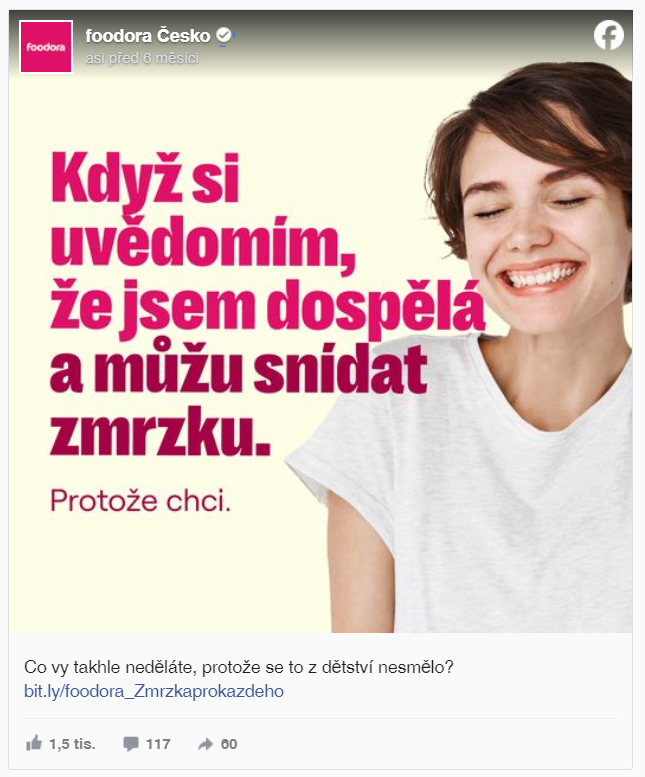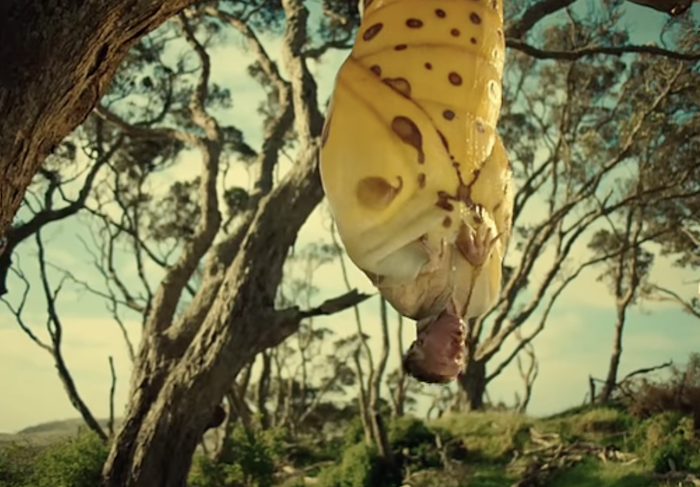In the first six months of this year, the Advertising Council (RPR), which tries to promote "honest, legal, decent and truthful advertising" on the Czech market, received a total of ten complaints, seven of which were found to be not objectionable, two were not assessed and one was in breach of the RPR Code.
Following a complaint by the Czech Association of Insurance Companies, the RPR Arbitration Commission found the advertising of the Krotitele smluv company to be defective. The company's communication included an advertisement claiming that life insurance contracts concluded between 2001 and 2013, which are still running or have been terminated a few years ago, are invalid. According to the RPR, "given the vast number of contracts entered into, it is impossible for the advertiser to know the contents of all the contracts entered into and therefore be able to make the claims it makes in a way that would enable it to defend that the claims made in its campaign are not misleading". The RPR goes on to explain that the ordinary consumer, exercising ordinary care, must be able to tell whether the claims made in the advertisement mislead him or her. Krotitele smluv company objected to the decision; it said the claim in question in the advertisement was neither misleading nor unethical, but was within the bounds of advertising, simplification and exaggeration.
Other advertisements that have been complained about but have been found by the RPR to be not objectionable include Foodora. A private individual complained on a FB post, stating that "a child, on seeing this advertisement, which counts eating ice cream for breakfast among one of the manifestations of adulthood, begins to doubt the correctness of his parents' decision and finds it unethical". Foodora defended itself against the complaint by saying, among other things, that the creative concept of "Because I want to" is based on the vision "It is necessary to break free from the mindset that does not allow us to do what we feel like doing". In addition, she believes that "depicting a situation with a young adult choosing an unconventional breakfast is a creative element that does not conflict with generally accepted ethical standards."

The complaint also came about an advertisement for the Orbit brand, which belongs to the Mars portfolio. This ad was also found to be tasteless and inappropriate by the complainants. In its defence, the advertiser stated that its ad was "decent and honest, does not encourage any breach of the law, does not promote any wrongdoing". The RPR ruled that it was harmless in terms of the Advertising Code.
Seznam also faced a complaint earlier this year, with its ad promoting Stream.cz, where the complainant felt that showing graphic violence involving car theft and, in particular, a child in a pram was unacceptable. In its defence, Seznam explained that "it is clear from the overall treatment and context of the spot that it works with a strong element of exaggeration and that, for example, the actor portraying the 'criminal' is more in the category of an inexperienced and clumsy individual. Similarly, in the sequence about the mother with the pram, it is clear that the spot features a baby doll." The advert referred to the historically well-known anti-piracy campaigns that were used in the early 2000s, particularly by cinema theatres around the world or by DVD distributors, and which have seen many parodies, most famously probably in the context of The IT Crowd series. The RPR found the advertisement to be harmless.
A complaint was also made against the Ruzovy slon sex shop. The complainant said its advertising was inappropriately targeted at children and was therefore unethical. She relied on the chosen name of the shop and the images associated with it. The e-shop argued that its mascot, a pink elephant, was playful and cheerful. "We see no reason to believe that the complainant in question violates good morals, promotes disorderly conduct or endangers the development of children. This is a character we might see in, say, a children's cartoon and no one would be offended by it in our view. Neither would our name, Ruzovy slon. It is not in violation of the law either, it is a neutral to positive association," he writes in his statement, adding that the brand communicates in public space without vulgarities, depictions of nudity or explicit language. The RPR Arbitration Commission did not consider the complaint because it is not an advertisement in terms of the Advertising Code, but the name of the company.
 Sample of the Ruzovy slon mascot; Source: repro Vimeo Ruzovyslon.cz
Sample of the Ruzovy slon mascot; Source: repro Vimeo Ruzovyslon.czAn overview of all the cases the Advertising Council has already dealt with this year can be found on its website.
Source: mediaguru.cz

